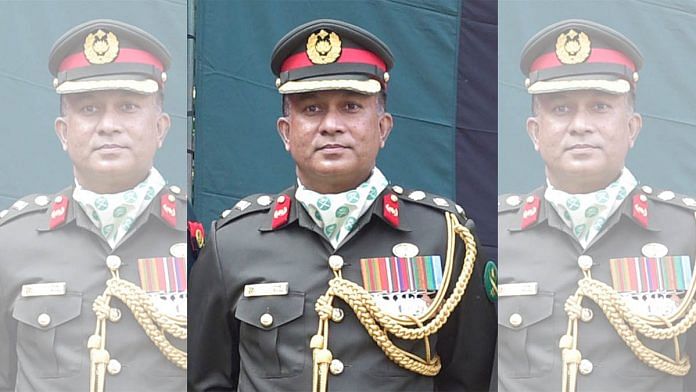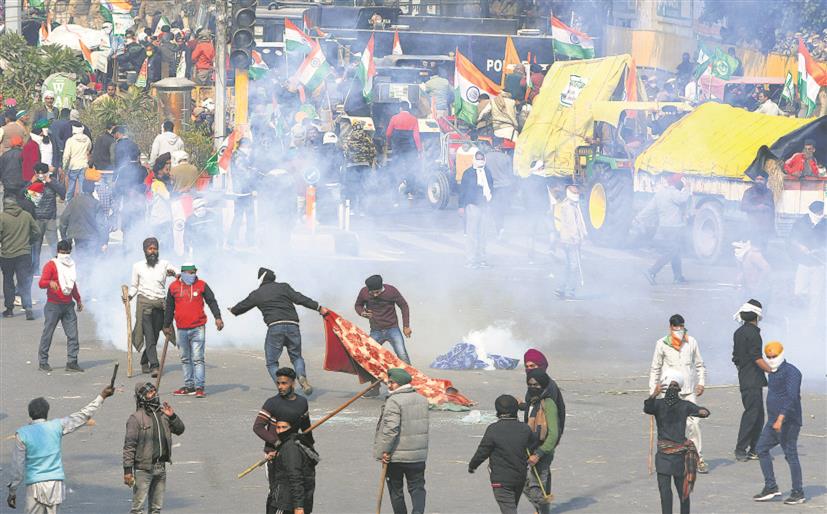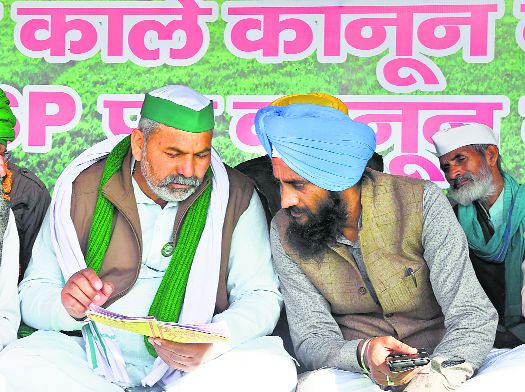
New Delhi: Elite units of the Indian Army are likely to get the Belgian Malinois, a specialised attack canine being trained for assault operations in urban areas, ThePrint has learnt.
Sources in the defence and security establishment said a couple of Army units already have these dogs, which they have procured on their own, but a formal decision is now being taken to ensure more units get these canine soldiers in an institutionalised manner.
The sources explained that the canines will be used for urban warfare and help bring down casualties in the fatal funnel, a tactical term that refers to doorways in which soldiers cannot see what’s on the other side and find it difficult to move out of in the case of incoming projectiles such as bullets.
They added that many injuries in military operations occur in the first stages when rooms in buildings are being recced or searches are being carried out in jungles or orchards.
Sources said the Belgian Malinois are being trained to carry out surveillance of rooms through head-mounted cameras and for scouting in the jungles.
Also read: ‘Stark need for modernisation’ — why armed forces want a big jump in defence budget
The Belgian Malinois
Known for their super agility, sharp mind and spectacular endurance and aggression, the Belgian Malinois dog breed is a favourite of special forces and enforcement agencies across the world.
The specialised breed played a role in the Osama Bin Laden raid of 2011 and chased down ISIS leader Abu Bakr al-Baghdadi through a dark and dangerous tunnel in Idlib, Syria, in 2019.
Unlike a German Shepherd, these dogs are ideal for parachuting and fast-roping out of aircraft because of their smaller frame.
In India, the CRPF was the first to introduce them in anti-naxal operations. Other central armed police forces such as the ITBP and the NSG have since added these canines to their ranks. The NSG even showcased its Belgian Malinois at the Republic Day parade Tuesday.
The Army is now planning on formally introducing them, a source said, adding that the Meerut-based Remount and Veterinary Corps (RVC) has now set up a specialised school of training for urban warfare operations.
The Army uses Labradors and German Shepherds in operations and Great Swiss Mountain dogs in snow-bound areas besides Cocker Spaniels in limited numbers.
The canines play a critical role in the operations and many of them have won battle honours, such as commendations from the General Officer Commanding (GOCs) and even the Chief of Army Staff.
For instance, Mansi, a four-year-old Labrador, had become the first K9 selected for a posthumous war honour, after she and her handler Bashir Ahmed War laid down their lives countering an infiltration bid by terrorists in north Kashmir in 2015.
Mansi was honoured with the ‘Mention of Despatches’ certificate, acknowledging her contribution to the Army.
Almost every security camp in operational areas and along the Line of Control (LoC) are home to a number of desi dogs that alert the personnel against possible intrusions.
Prime Minister Narendra Modi had in August last year in his ‘Mann Ki Baat’ radio programme highlighted the bravery of India’s canine soldiers, mentioning Sophie, a Cocker Spaniel, and Vida, a Labrador, and urging the people of the country to go for a desi pet if they are planning to adopt one.
Modi also mentioned Balram, a dog that detected a large amount of explosives on the Amarnath Yatra route in 2006; Bhawana, who detected an IED but was killed along with her handler when it was triggered while being defused in 2002; and CRPF’s sniffer dog ‘Cracker’, a Belgian Malinois.
Also read: Eye on China, India to host Indian Ocean Region defence ministers’ conclave next month









































































